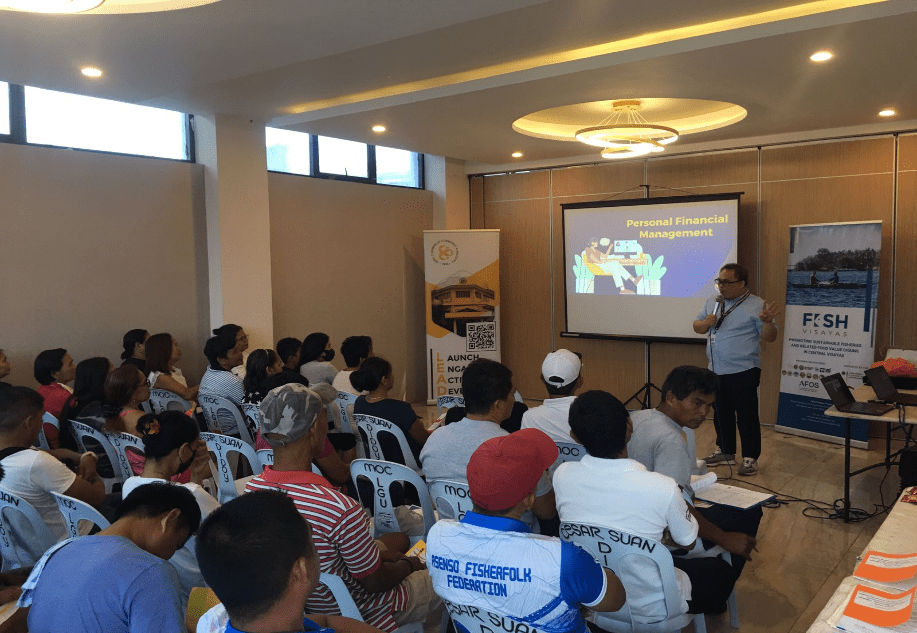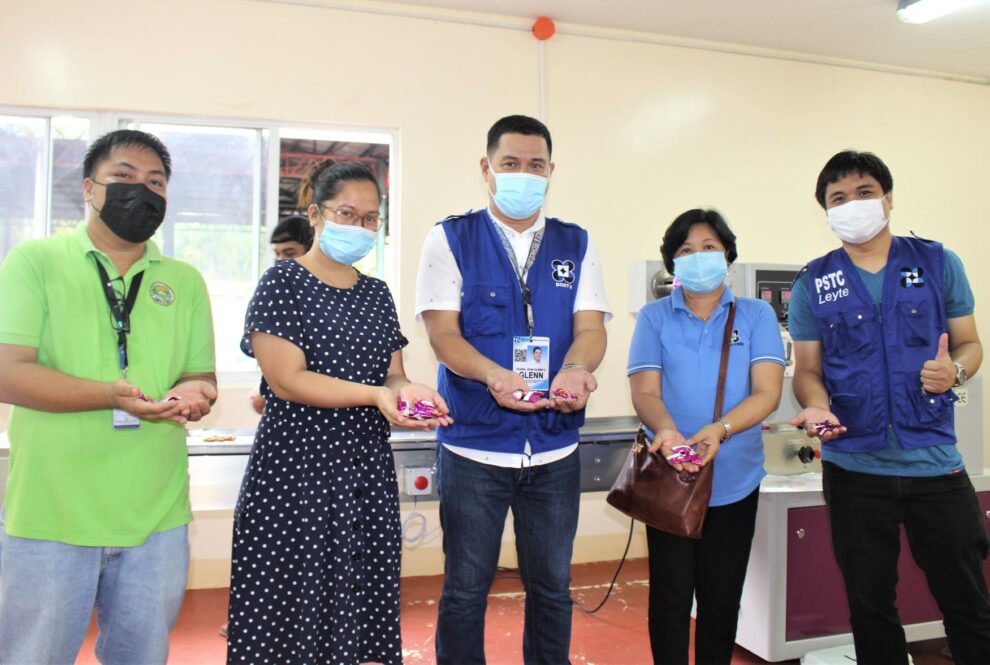MINERVA BC NEWMAN
The municipality of Javier in Leyte has produced its first ever ginger candy that will soon be available in the nationwide through a restaurant chain market after the experts from the Department of Science and Technology in Leyte (DOST-Leyte) tested the candy formulation that uses freshly extracted ginger juice to be ready for the market.
According to the DOST-Leyte and the local government of Javier that they plan to promote the soothing benefits of the ginger candy by distributing them to the more than 700 Andoks restaurant branches nationwide.
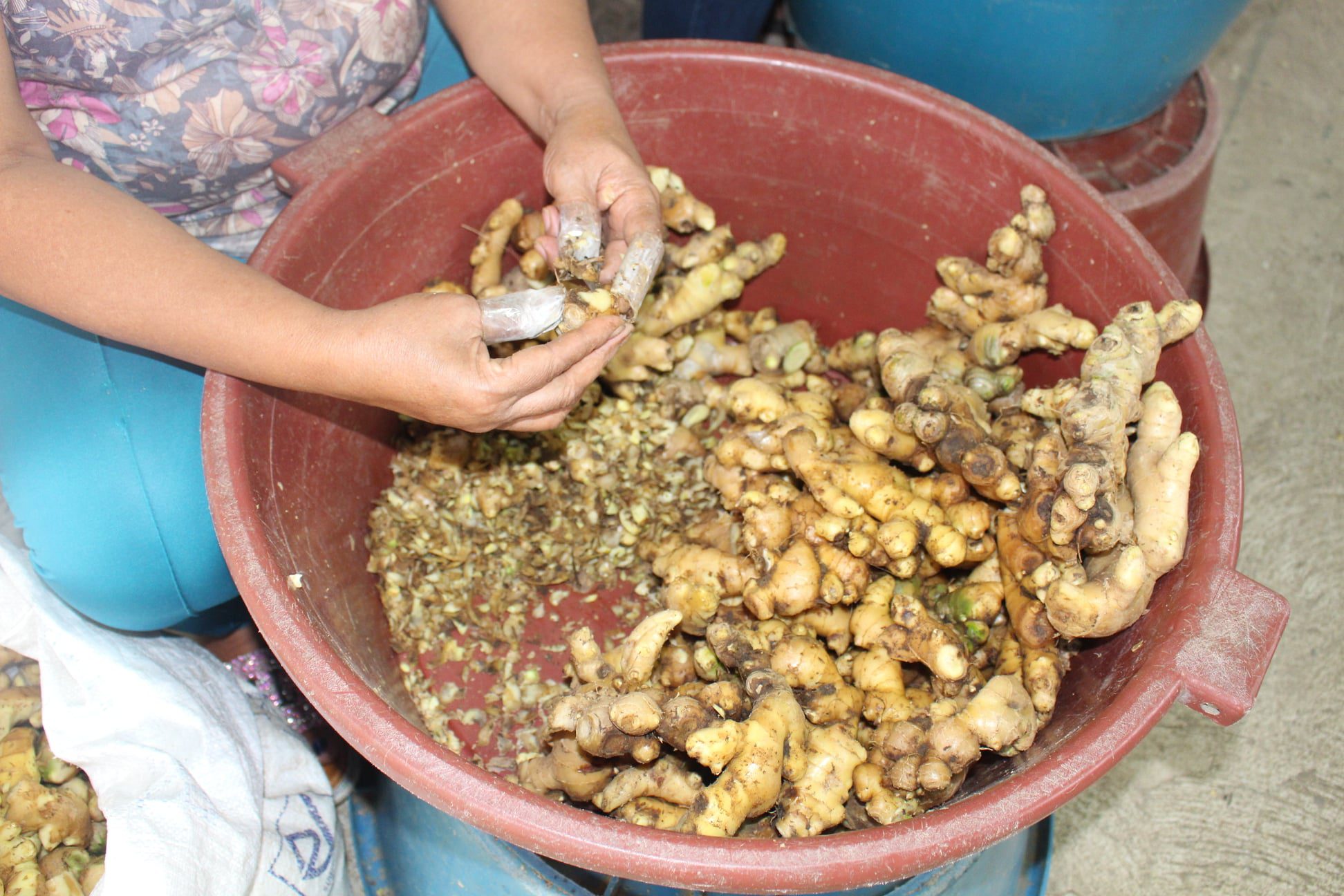
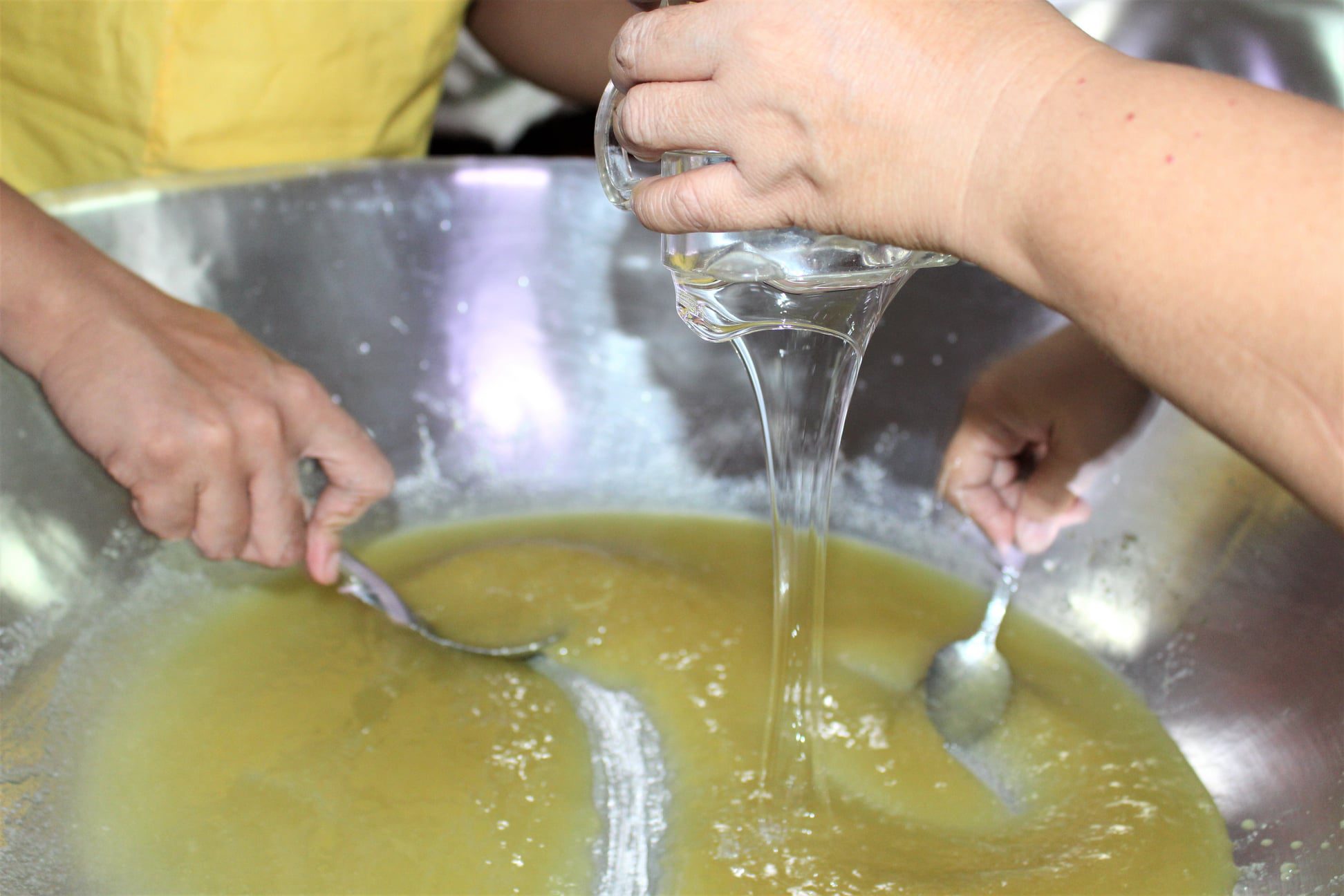
“The new product was conceptualized to create additional demand for the locally grown ginger,” according to Asec Anthony Gerard Gonzales of the Office of the Presidential Assistant for the Visayas (OPAV) during the Laging Handa Network Briefing Monday.
Gonzales said that the project is expected to generate more income for the farmers in the locality. DOST-Leyte’s first community-based project with the town of Javier was “salabat” processing, with ginger as a traditionally local remedy for sore throat of most Filipinos.
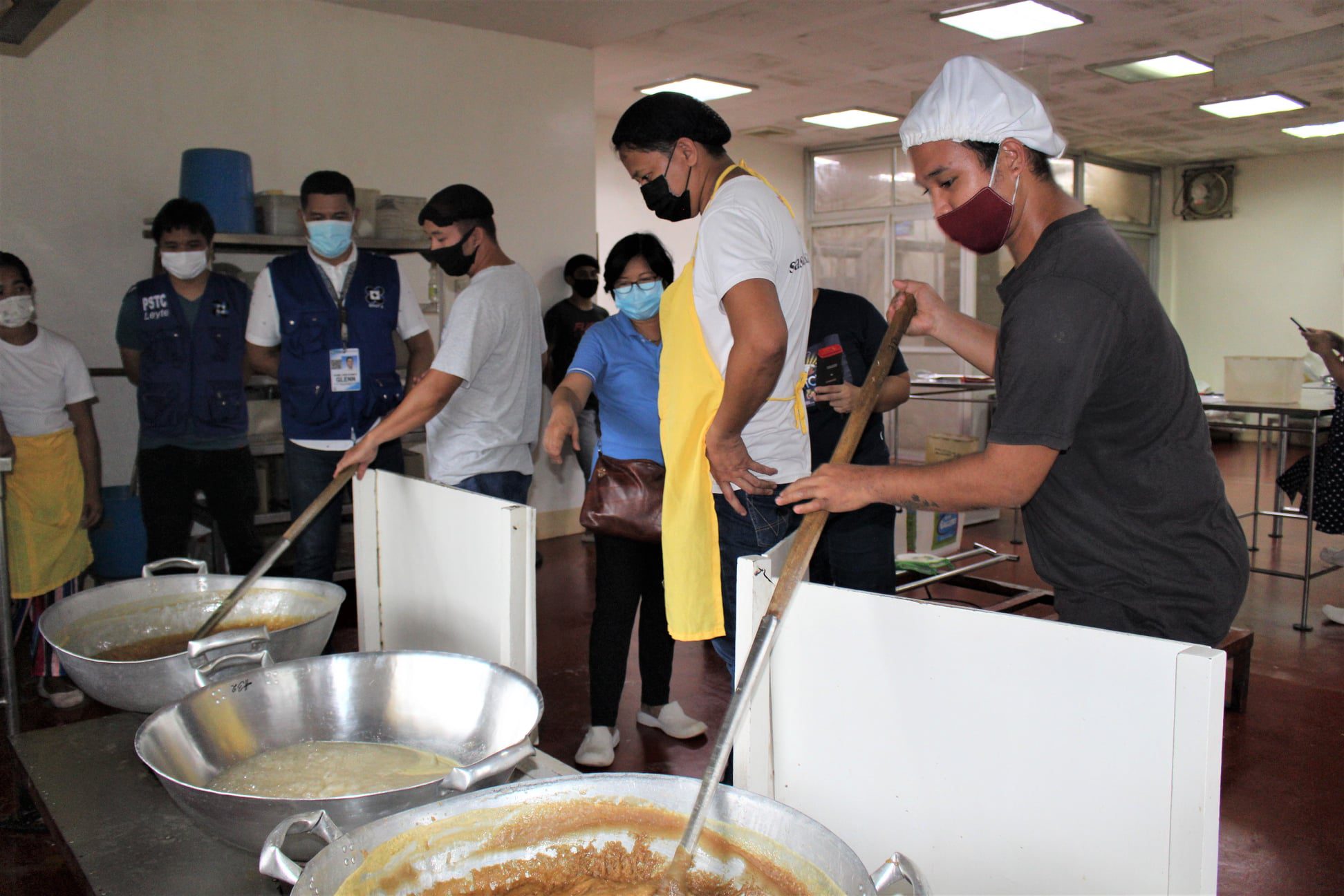
The salabat is now branded as “Javier Salabat” with packaging designed by the Packaging Technology Division of DOST-Industrial Technology Development Institute (DOST-ITDI) and it is available through all Andoks outlets nationwide.
The goal of the local government of Javier and DOST is to promote ginger candy as excellent alternative to imported ginger candies and to promote entrepreneurship in the countryside, Gonzales added.
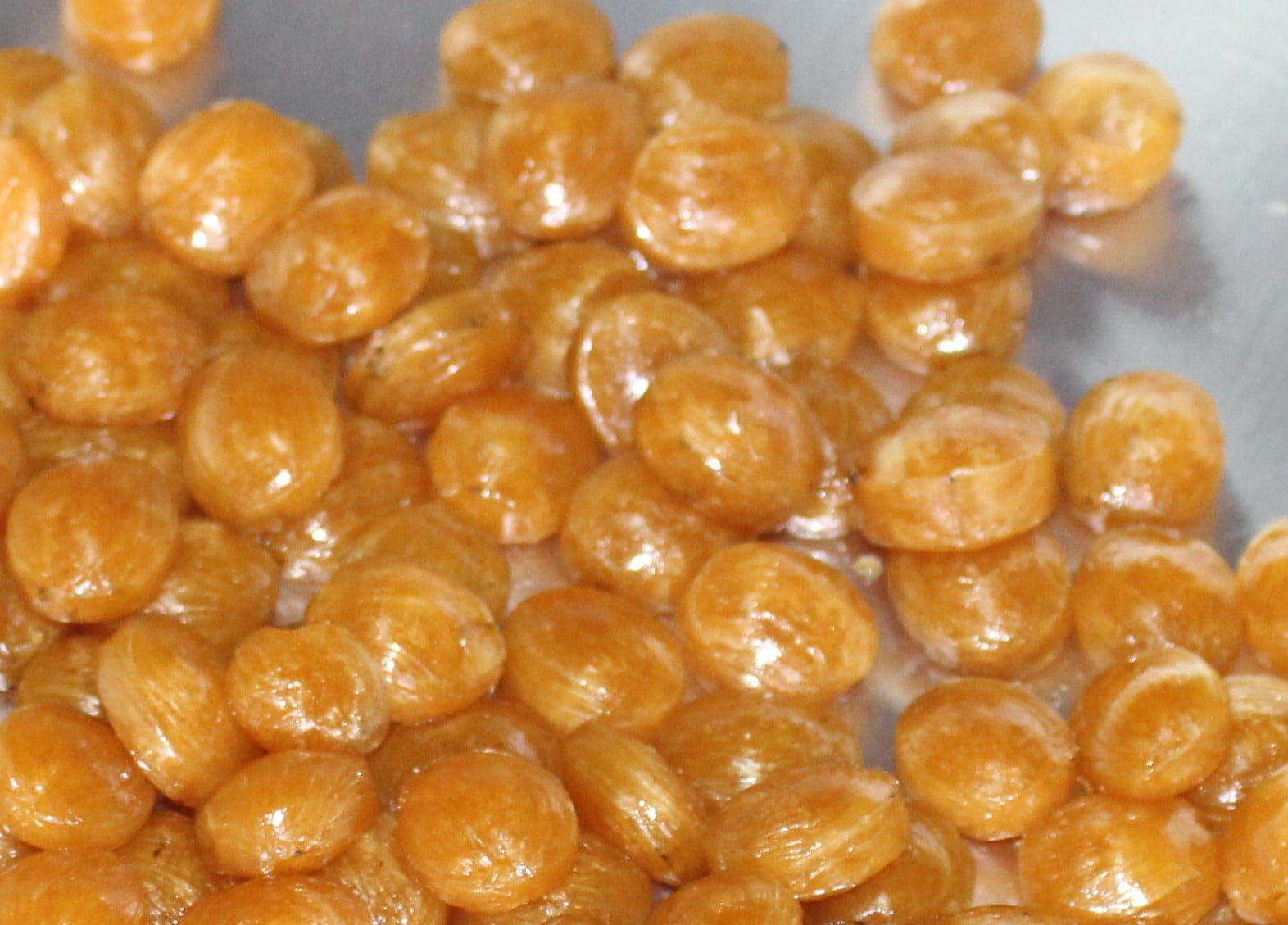
Meanwhile, DOST-Leyte project is also beefing up the coco vinegar production for the Bung-aw Women Association in Hilongos, Leyte and it has already conducted the technical training to 34 participants composed of members of the association, the Department of Social Welfare and Development (DSWD) and Hilongos local government.
The technology developed by DOST through its ITDI aims to ensure consistent quality for the product and fast track the production time to a daily harvest after 15 days of gestation period. “Under the traditional method, it would take weeks or even months to process coconut vinegar,” Gonzales said.
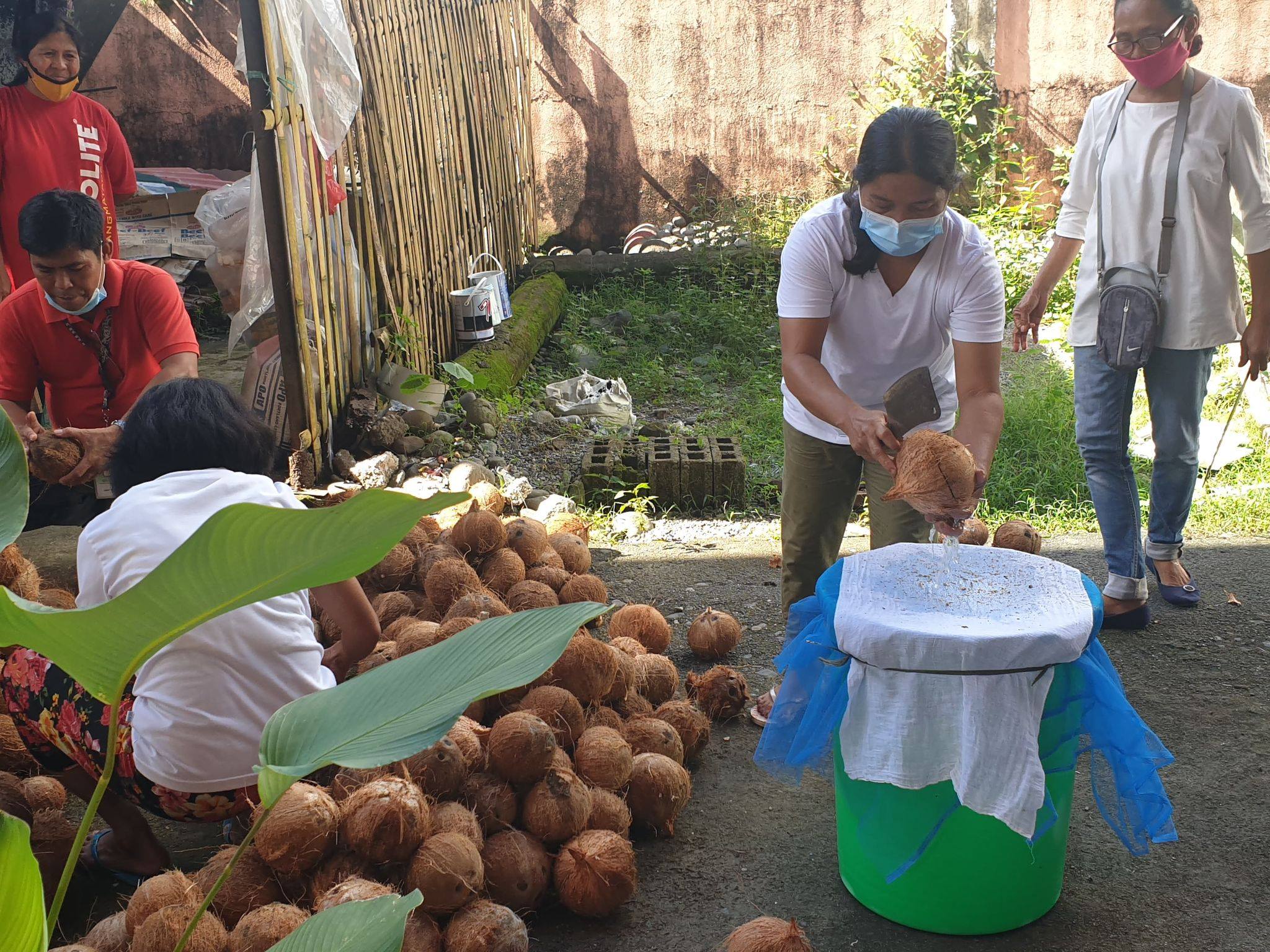
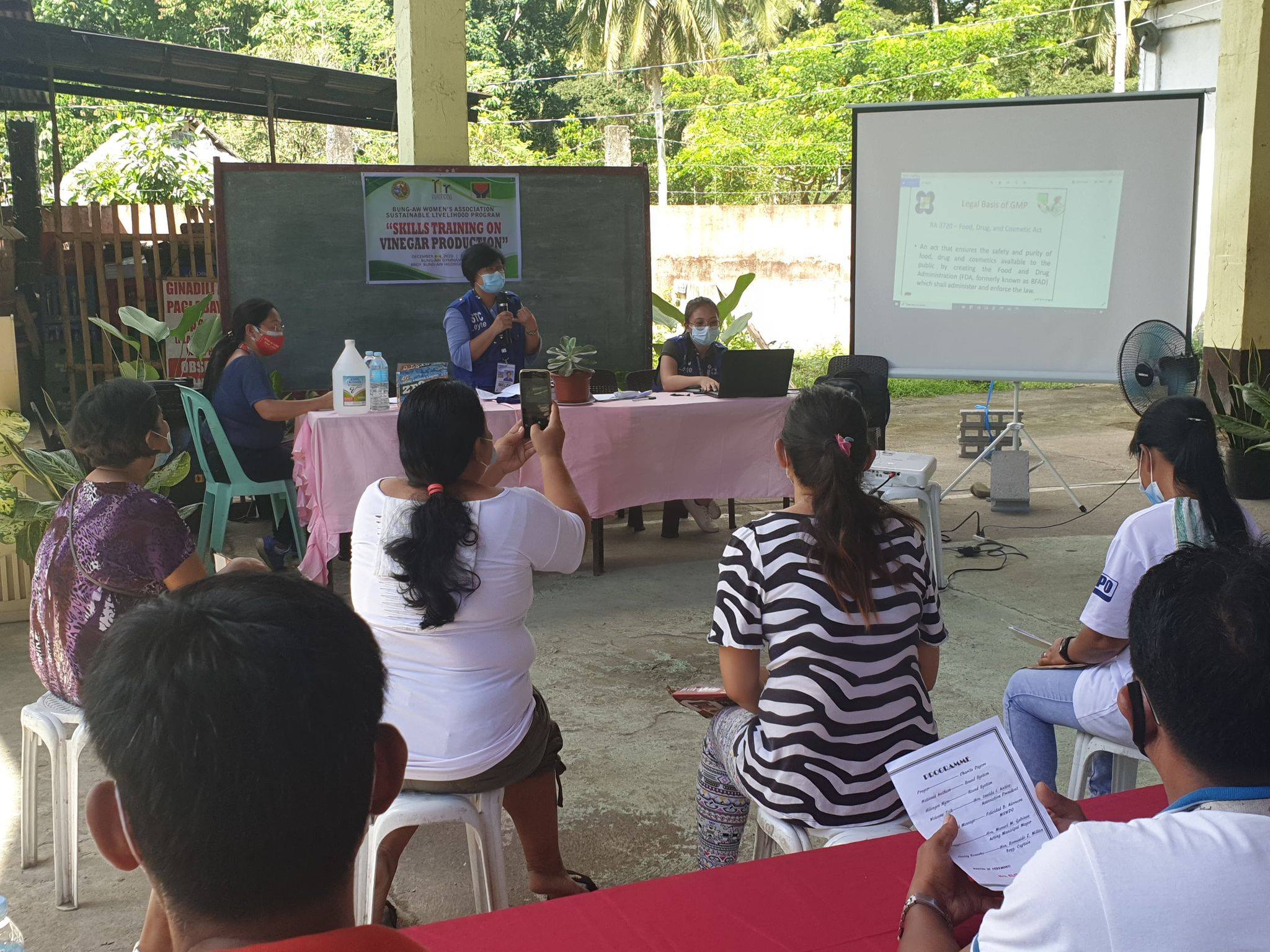
The DOST-assisted technology does not entail the use of synthetic chemicals, it harnesses the science behind the fermentation process by using mechanical method.
Since consumers are getting more aware on the dangers of consuming vinegar made from synthetic materials, DOST-Leyte is confident that natural coconut vinegar will once again be the choice condiment of Filipinos nationwide.
Photos by: John Glenn Ocana




